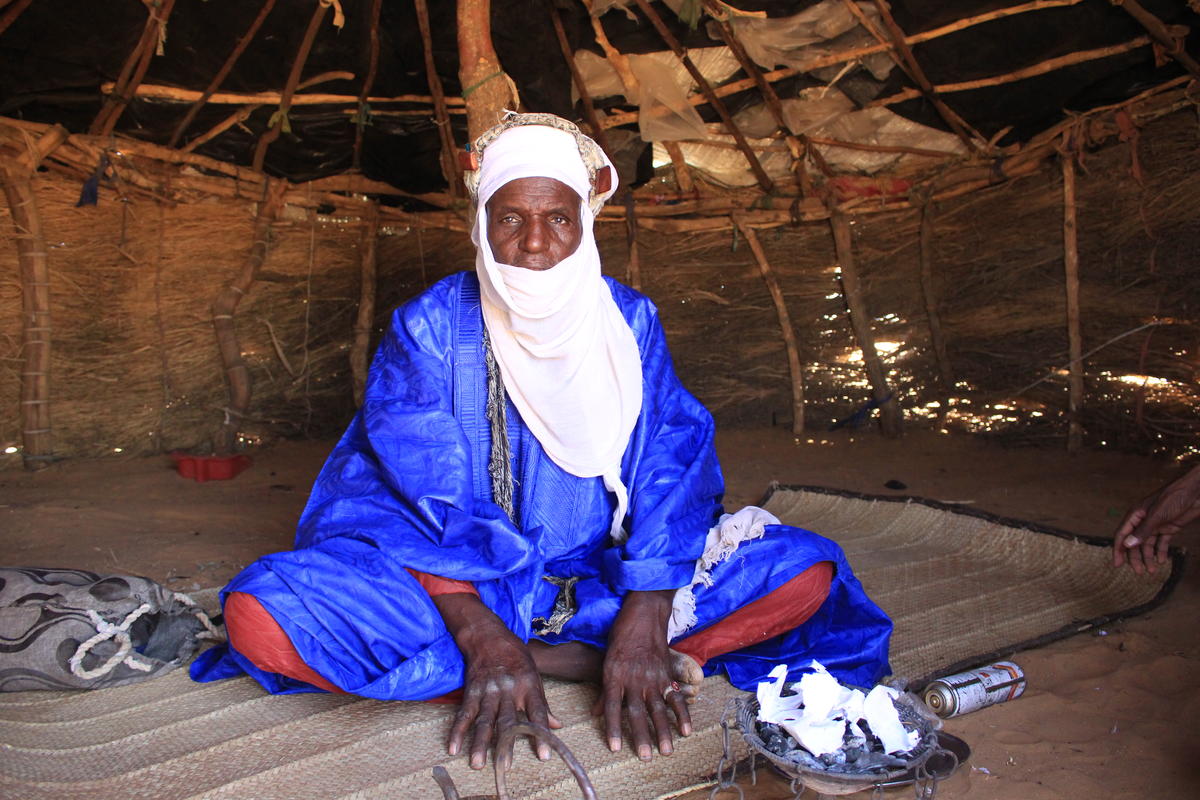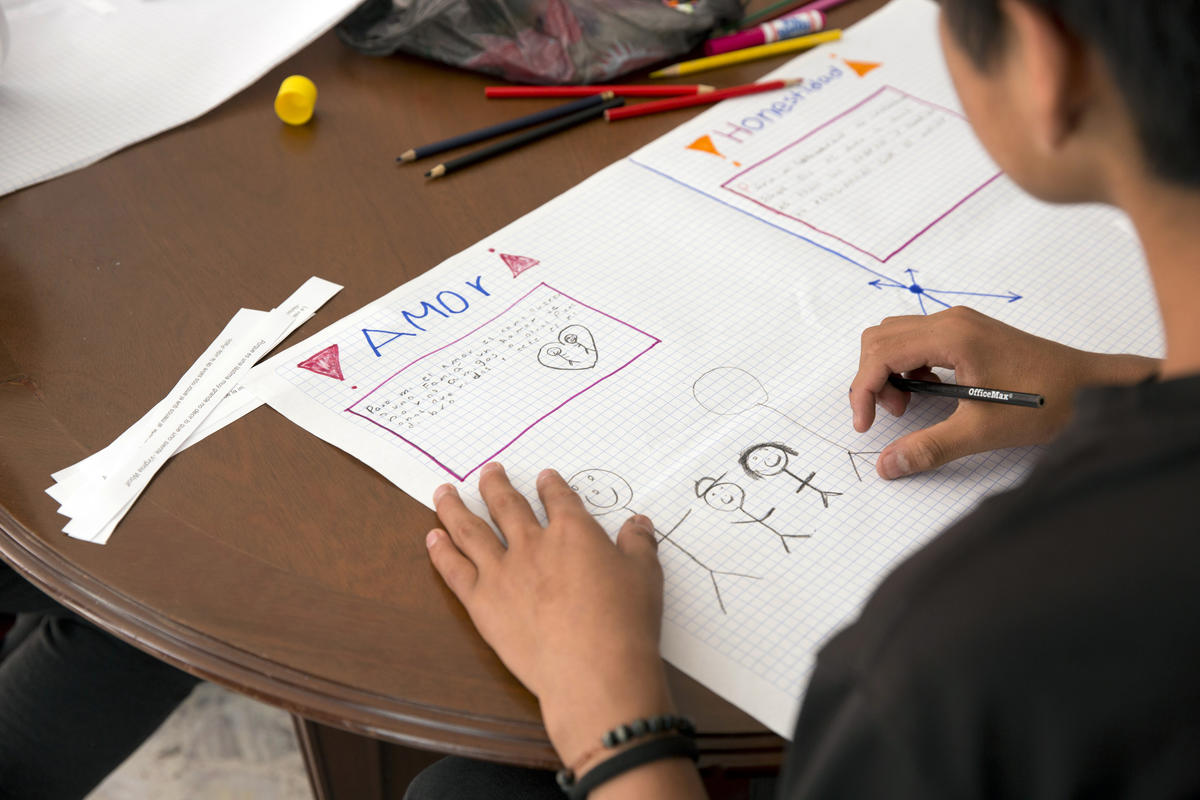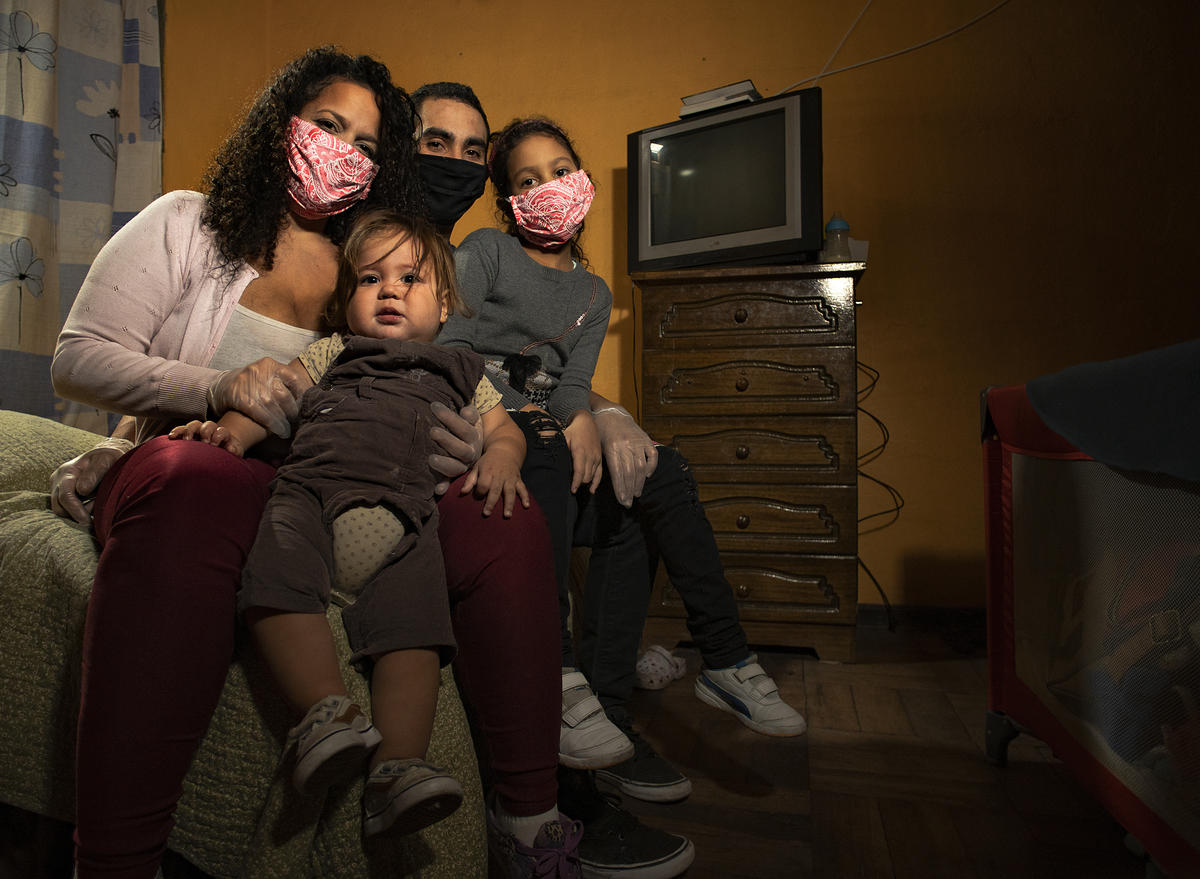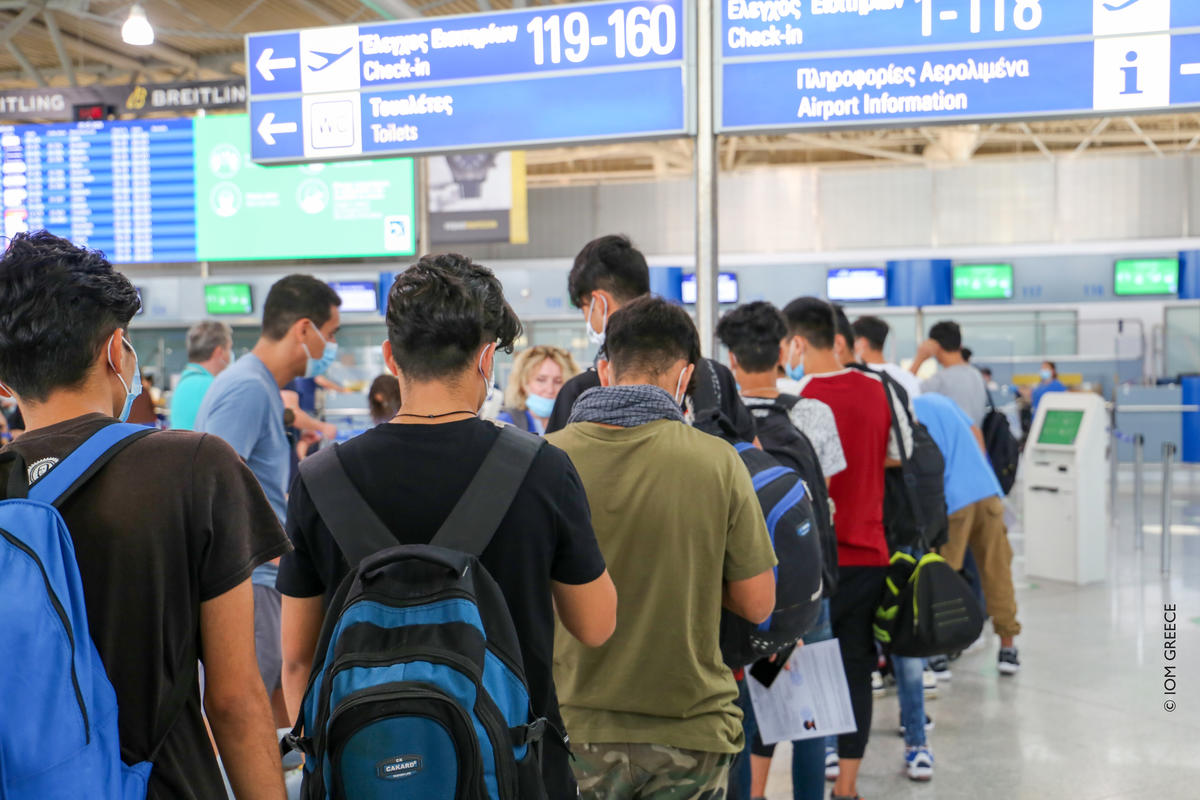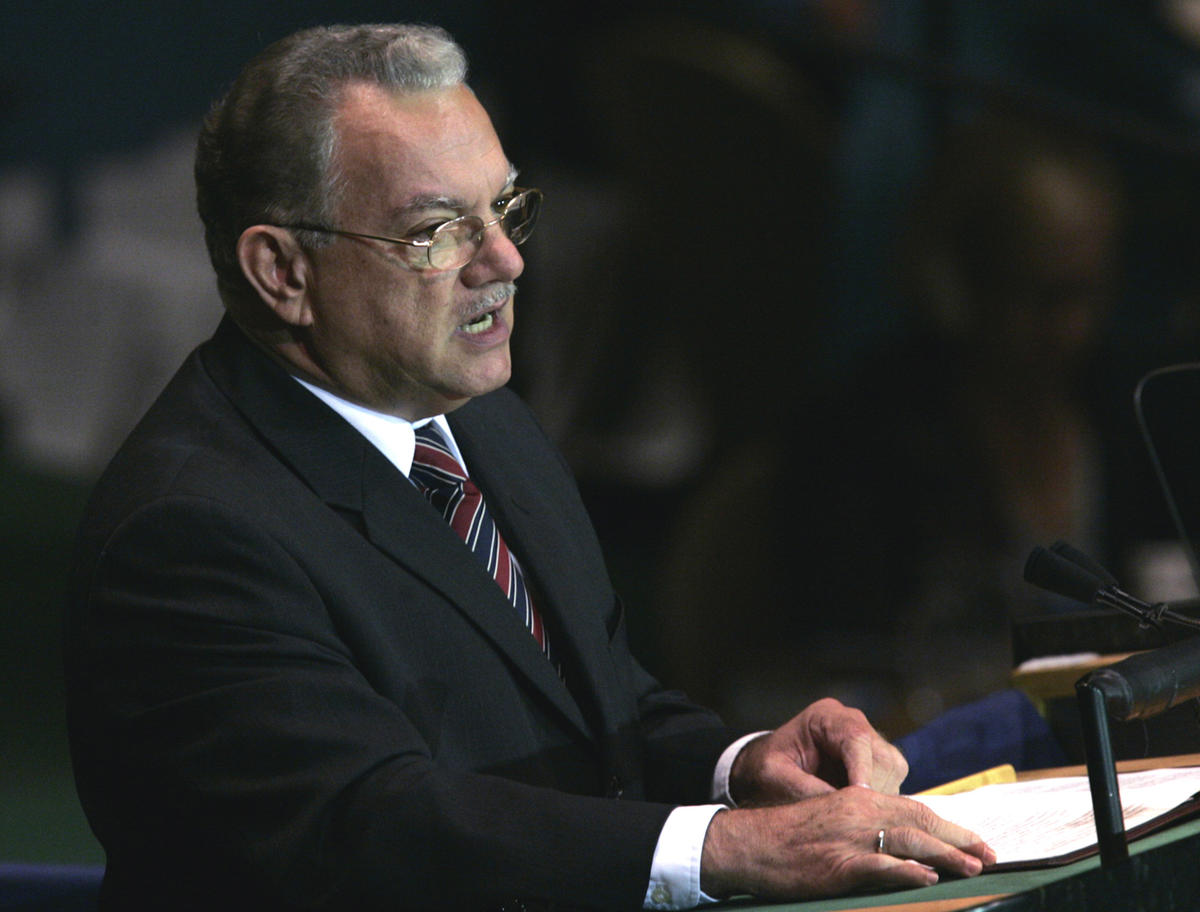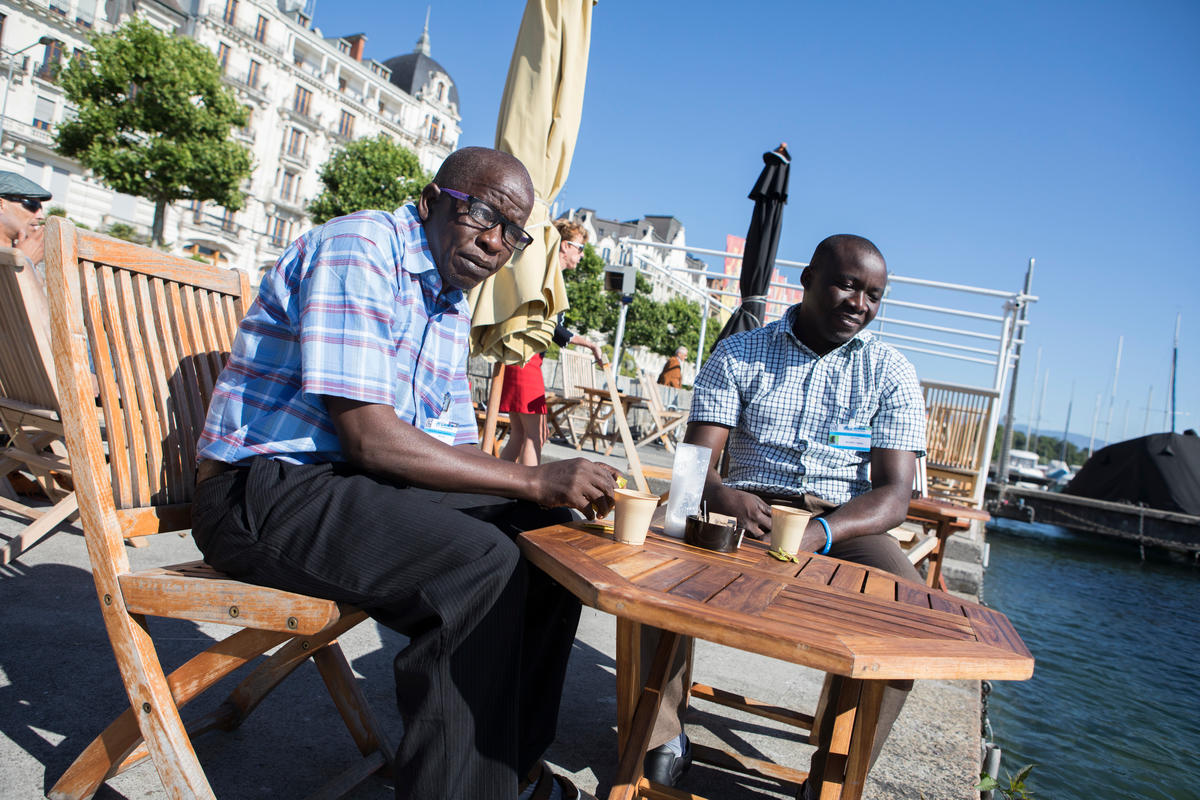Q&A: Speaking from experience
Q&A: Speaking from experience

MADRID, January 18 (UNHCR) - Ibrahim Rasheed works in Madrid City Hall, where he advises young immigrants - including refugees and asylum seekers. He's very well qualified for the job. Ten years ago, Rasheed risked all in a long and dangerous voyage from his native Ghana to try and reach Canada by land, sea and air routes. He was en route to Costa Rica when his plane transited in Madrid; Rasheed suddenly decided to get off the plane and seek asylum. He does not advise others to follow his example, but believes refugees should be given help and advice if they reach places like Spain. External Relations Officer Francesca Fontanini recently spoke to him. Excerpts from the interview:
Why did you want to go to the West?
This might sound like a film plot, but it is a true story. When I was 14, I and a group of nine friends decided to try and make it from Ghana to Canada by land, sea and air routes. We were not motivated by poverty but by a spirit of adventure and discovery, like Christopher Colombus. Young people often think of doing something that seems impossible and, to us, Europe and North America seemed like promised lands where the streets were paved with gold and money grew on trees.
Tell us a bit more about the journey.
It began in 1998. We left Accra in Ghana and made our way to Libya via Lomé [Togo], Benin, Niger, Mali and Algeria. We had many adventures and new experiences while crossing the desert, where we saw dead bodies and many human skeletons. We were also robbed at one stage. Then we took a boat to Egypt before making our way overland to Jordan, Syria and Lebanon, where we stayed some time to make a bit of money for the next stage of the journey.
Some [three] of our group en route [from sunstroke or disease], but the rest of us eventually carried on to Turkey and boarded a flight for Larnaca in Cyprus. We decided to split up and head separately for Costa Rica with Canada as our ultimate goal. We took flights transiting through different countries in Europe.... When it was my turn, I flew to Madrid and then decided that I didn't want to go any further after all. [Rashid at first pretended to be a refugee from Sierra Leone and later was given permanent residency and a Spanish passport.]
How did you end up working in Madrid for the municipality?
After my experiences during the journey, I decided that I wanted to use the knowledge I had gained to help young migrants [aged under 18 years old] arriving in Spain and Madrid, both economic migrants and asylum seekers. I specifically wanted to tell them that they needed to pray and to be patient - one day everything will be okay.
I also tell these young people to take advantage of the opportunities here. I advise them to study hard so that they can build a better future. And I tell them to one day go back to Africa to help build and develop the continent.
What kinds of things do young refugees seek your advice on?
They usually ask me about the asylum seeking process and about life in Spain in general.
UNHCR believes this century will be marked by large displacements of people. Why do you think more people are on the move?
I personally think it's due to a combination of capitalism, globalization and climate change, which are provoking wars, floods, hunger and disease in many parts of the planet?
Do you think Spain has a good asylum policy?
I think that although Spain has legislation and rights concerning asylum seekers, these are not always followed properly or respected. Sometimes, we confuse asylum seekers with economic migrants.
I think it is possible for the government to differentiate between refugees, economic migrants and asylum seekers by contracting and training more link workers and respecting the laws and new policies on how to deal with the thousands of migrants turning up on the Mediterranean coast every day.
Would you like one day to return to Africa?
One of my top plans is to go to Ghana - or elsewhere in Africa - and tell young and old people alike not to risk their lives crossing deserts and seas to reach Europe. I'd also like to help open up education and employment opportunities so that Ghanians and other Africans can stay at home and use local resources to invest, help others and develop the continent. As the saying goes: "There's no place like home."

